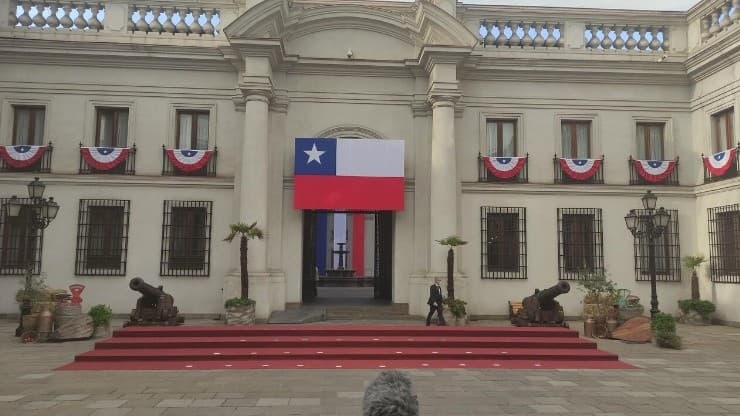RIO DE JANEIRO, BRAZIL – A woman of Diaguita descent and four men launched Wednesday (22) their campaigns for the November 21 presidential elections in Chile. A fifth candidate remains in the United States, and another is in quarantine after a trip to Mexico.
The first five have scheduled banners and propaganda on social networks to end the day with their presentation in a televised debate. The television propaganda and the deployment of street banners will begin at the end of October.
Read also: Check out our coverage on Chile
The candidates seeking to succeed center-right President Sebastián Piñera are: lawyer Sebastián Siches, who is running as an independent supported by the ruling alliance; law graduate and congressman Gabriel Boric, standard bearer of a leftist coalition; far-right José Antonio Kast; leftist Eduardo Artés, of the Unión Patriótica party; and Yasna Provoste, the president of the Senate, a physical education teacher of Diaguita descent – an ancestral indigenous people of northern Chile.

The other contenders, who will be absent from the debate, are the progressive leftist Marco Enríquez-Ominami, quarantined after a trip to Mexico and running for the presidency for the fourth time, and Franco Parisi, a People’s Party economist, who remains in the United States and has attracted local criticism for maintaining a child support debt of some 300 million pesos (about US$380,000), according to his ex-wife’s lawyer.
If any of the seven candidates obtains an absolute majority of the votes validly cast on November 21, they will become president for the 2022-2026 term. Otherwise, the two with the most votes will compete in a runoff scheduled for December 19.
The prestigious pollster Centro de Estudios Públicos (CEP) noted in a study last week that Boric leads the preferences of those consulted, followed by Siches. CEP pointed out that half of Chileans have not yet defined for whom they will vote.
The next president of Chile will face a complicated economic situation because although the South American country recovered its pre-pandemic activity and will grow between 10.5% and 11.5% this year, according to Central Bank estimates, in 2022 there will be a strong deceleration and growth will decrease to between 1.2% and 2.5%.
In addition, if Congress does not resolve otherwise, the 10% withdrawals from the pension funds accessed by more than 11 of the 19 million Chileans will disappear, which to date have amounted to around 50 billion dollars, to which were added more than 36 billion dollars in benefits provided by the government to face the crisis unleashed by the Covid-19. This led to a rampant wave of consumption and inflation estimated at 5.7%, almost double the 3% to which Chile is accustomed.

